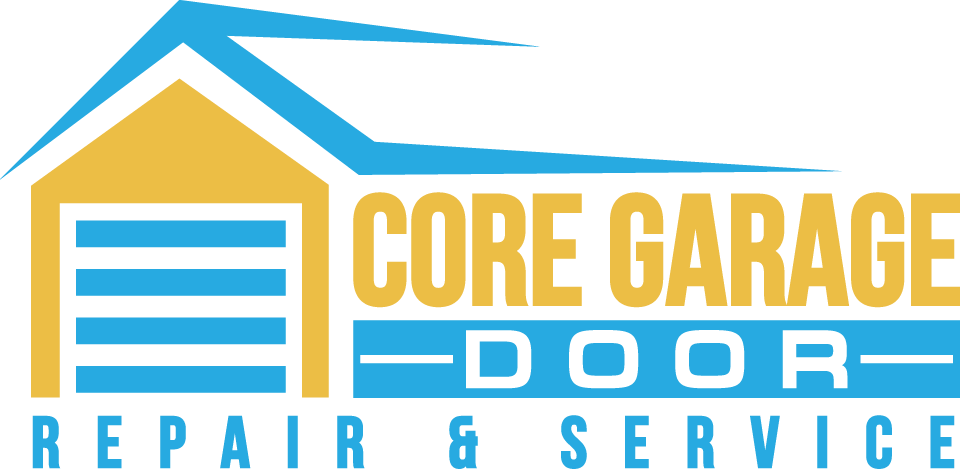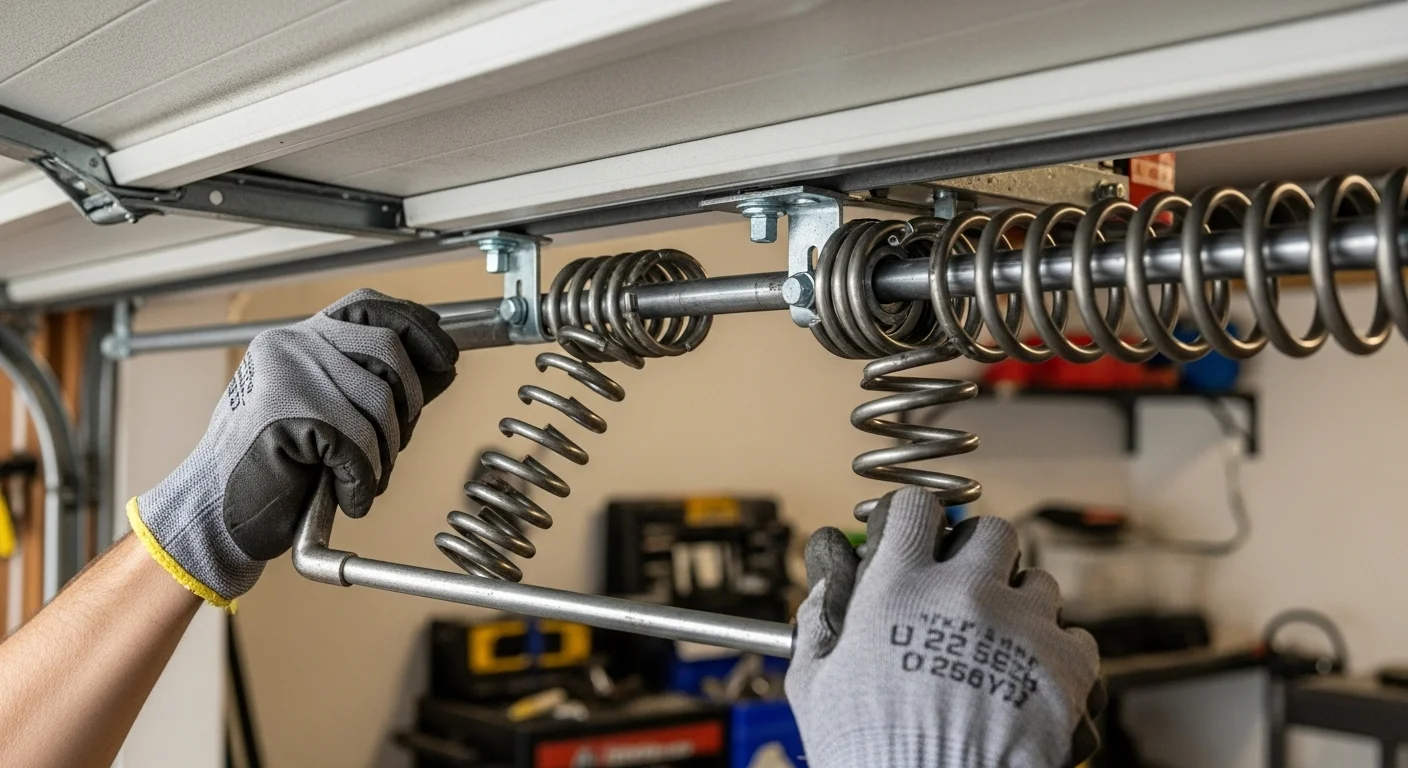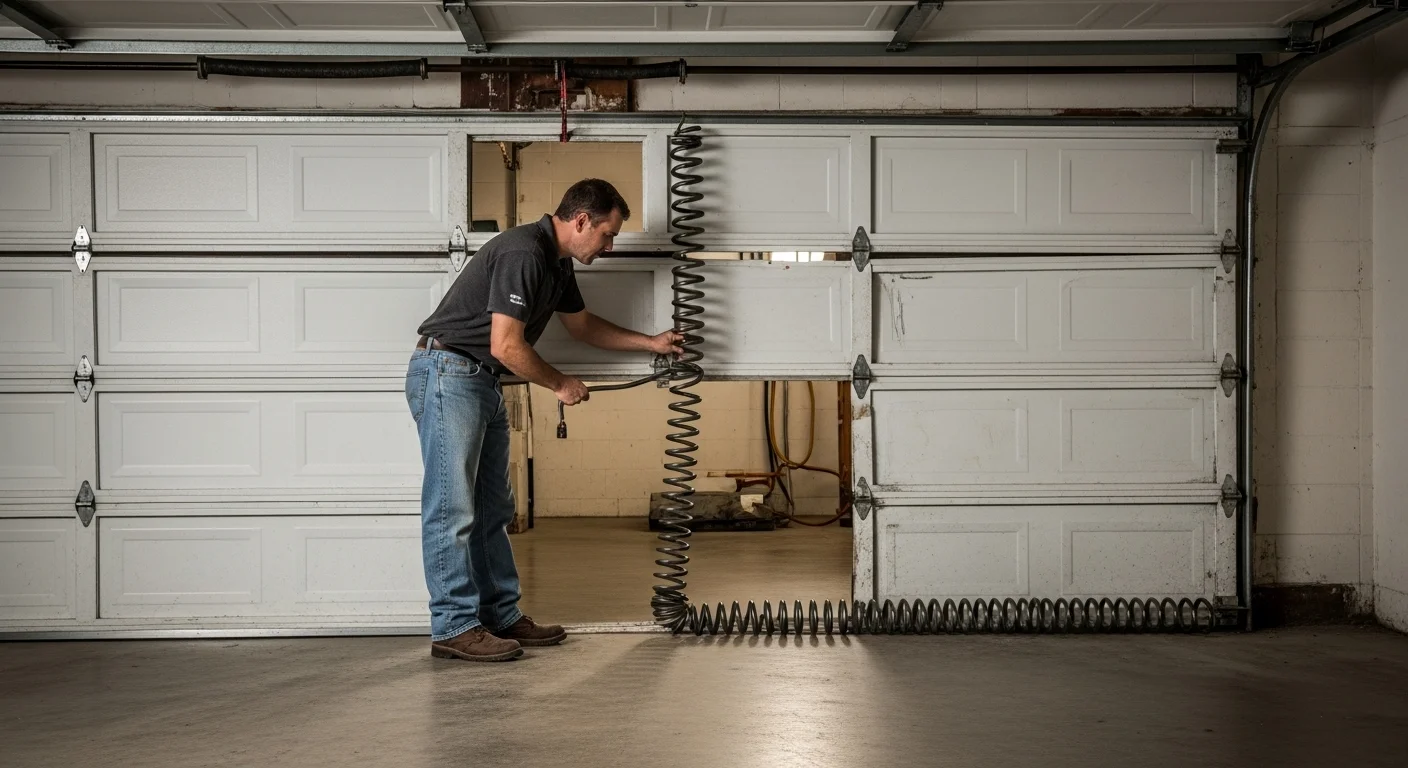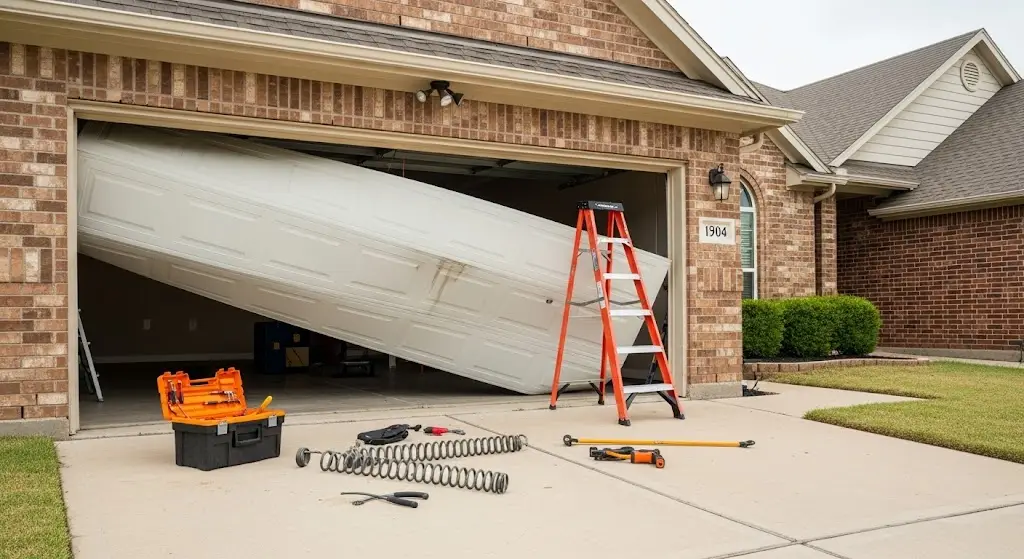How Long Do Garage Door Springs Usually Last?
Garage door springs are one of the most essential parts of your garage door system, playing a critical role in balancing the weight of the door. Without these springs, the door would be nearly impossible to open manually or automatically. Understanding how long garage door springs last and knowing the signs that they need replacing can help you avoid more serious issues down the line, such as damage to your garage door opener or potential safety hazards.
The lifespan of garage door springs varies depending on the type of spring, the quality of the material, the frequency of use, and whether or not regular maintenance is performed. On average, garage door springs are designed to last between 7 to 12 years or 10,000 to 15,000 cycles (a cycle being one opening and closing of the door). However, this is just an average; some springs may last longer with proper care, while others might wear out sooner due to mechanical stress or poor installation.
Types of Garage Door Springs and Their Lifespan

There are two main types of garage door springs: torsion springs and extension springs. Each type has different characteristics, and their lifespan can vary.
1. Torsion Springs
Torsion springs are typically mounted above the garage door and work by twisting to store mechanical energy. These springs are known for their durability and ability to handle larger, heavier doors. On average, torsion springs last around 10,000 to 20,000 cycles, which translates to approximately 8 to 15 years, depending on usage.
However, certain factors, such as the frequency of door use, the weight of the door, and regular spring maintenance, can impact their lifespan. If you use your garage door multiple times a day, the spring might wear out quicker, requiring replacement sooner than expected. Torsion springs also require regular adjustments to maintain the right tension, which can significantly extend their life.
2. Extension Springs
Extension springs are mounted on either side of the garage door and extend and contract as the door moves. They are generally found on smaller, lighter garage doors. The average lifespan of extension springs is around 5,000 to 10,000 cycles, which is roughly 7 to 10 years.
Extension springs tend to wear out faster than torsion springs due to the nature of how they operate. They undergo more stretching and compressing movements, making them more prone to spring fatigue over time. These springs should be regularly inspected for any signs of wear and tear, such as rust, gaps in the coils, or spring force loss.
Signs Your Garage Door Springs Need Replacing
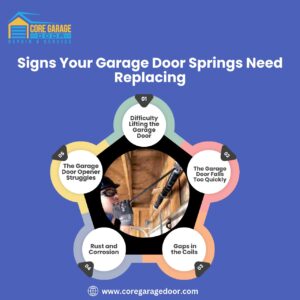
It’s important to know the signs that indicate your garage door springs are failing. Ignoring these signs can lead to sudden spring breakage, causing not only inconvenience but potential damage to your garage door system.
1. Difficulty Lifting the Garage Door
One of the first signs that your springs may need to be replaced is difficulty in lifting the garage door, whether manually or with the door opener. This happens because the springs are no longer able to bear the door’s weight as efficiently due to the loss of spring tension.
2. The Garage Door Falls Too Quickly
If you notice that your garage door slams down quickly after being opened, this is a strong indicator of spring force loss. The springs are no longer able to counterbalance the weight of the door, leading to unsafe conditions.
3. Gaps in the Coils
Visible gaps between the coils of your springs are a clear sign of mechanical wear. This happens when the springs become stretched and no longer function correctly. Torsion spring wear and extension spring lifespan are directly related to the number of cycles they’ve completed, so if gaps appear, it’s time for replacement.
4. Rust and Corrosion
Rust can significantly reduce the life of your springs. Over time, rust weakens the metal, leading to spring breakage warning signs. Lubricating your springs regularly can help prevent corrosion and extend their life.
5. The Garage Door Opener Struggles
If your automatic garage door opener seems to be working harder than usual or making unusual noises, this is often a sign that your springs are no longer functioning as they should. Since the springs bear the majority of the door’s weight, the door opener will struggle to lift the door if the springs are worn out, which can lead to damage to the opener itself.
Factors Affecting the Lifespan of Garage Door Springs

Several factors can impact how long garage door springs last, and understanding these can help you maximize their lifespan.
1. Frequency of Use
Garage door springs are rated by the number of cycles they can perform. If you use your garage door multiple times a day, the springs will wear out more quickly. For instance, families who frequently come and go may wear out a 10,000-cycle spring in just 5 years. On the other hand, a household that uses the garage door infrequently may see their springs last up to 15 years.
2. Garage Door Weight
The weight of your garage door is a significant factor in how long your springs will last. Heavier doors place more stress on the springs, causing them to wear out faster. Regular door balance checks can help ensure that the weight is evenly distributed across the springs, reducing wear.
3. Spring Quality and Installation
The quality of the springs and how they were installed will directly affect their longevity. High-quality springs made from durable materials like galvanized steel last longer and provide better performance. Professional installation ensures the springs are correctly aligned, reducing the risk of premature failure.
4. Regular Maintenance
Routine maintenance, such as lubricating garage springs and checking for signs of wear, can significantly extend the life of your springs. Simple tasks like keeping the springs clean, lubricated, and properly adjusted can add years to their lifespan. If you notice any early signs of wear, addressing them promptly can prevent larger issues.
How to Know When to Replace Garage Door Springs

Knowing when to replace your garage door springs is crucial for maintaining the functionality and safety of your garage door. Ignoring the signs of wear can lead to the springs breaking unexpectedly, which can cause damage to your door, the opener, or even personal injury.
When Should You Replace Your Garage Door Springs?
As a general rule, if your garage door springs are approaching the end of their life expectancy (7-10 years for extension springs and 10-15 years for torsion springs), it’s time to start planning for replacement. Even if they appear to be functioning, old springs are more prone to sudden failure.
Can You Replace the Garage Door Springs Yourself?
Replacing garage door springs can be a dangerous task, especially if you are unfamiliar with the mechanics of garage doors. DIY garage spring replacement is possible, but it is recommended to leave this job to professionals due to the tension and potential hazards involved. The springs are under immense pressure, and improper handling can cause serious injury.
Hiring a professional not only ensures your safety but also guarantees the springs are installed correctly, which will extend their life and maintain the overall function of your garage door.
Conclusion
Garage door springs are a critical part of your garage door’s operation, and understanding how long garage door springs usually last can help you avoid unexpected repairs or damage. By paying attention to the signs of wear, performing regular maintenance, and replacing the springs when necessary, you can ensure your garage door operates smoothly and safely for years to come.
FAQs
1. How Much Does It Cost to Replace Garage Door Springs?
The cost of garage door spring replacement varies depending on the type of spring, labor, and location. On average, you can expect to pay between $150 to $300 for professional spring replacement. Torsion springs tend to be more expensive than extension springs, but they also last longer.
2. How Long Does It Take to Replace Garage Door Springs?
A professional can typically replace garage door springs within 1-2 hours, depending on the complexity of the installation and whether any additional repairs are needed.
3. Can I Lubricate My Garage Door Springs?
Yes, regular lubrication of your garage door springs is essential for preventing rust and reducing friction. This simple maintenance task can extend the life of your springs and improve the operation of your garage door.
4. What Happens When a Garage Door Spring Breaks?
If a garage door spring breaks, the door will become unbalanced and may slam shut suddenly. In some cases, the door may not open at all. A broken spring also places more strain on the door opener, which could cause it to malfunction or break.
5. How Can I Tell If My Garage Door Spring Is Broken?
If you notice that your door won’t open, it’s unusually heavy, or you hear a loud snapping sound, one of your springs has likely broken. You may also be able to see a gap in the coils of the spring if it has snapped.
